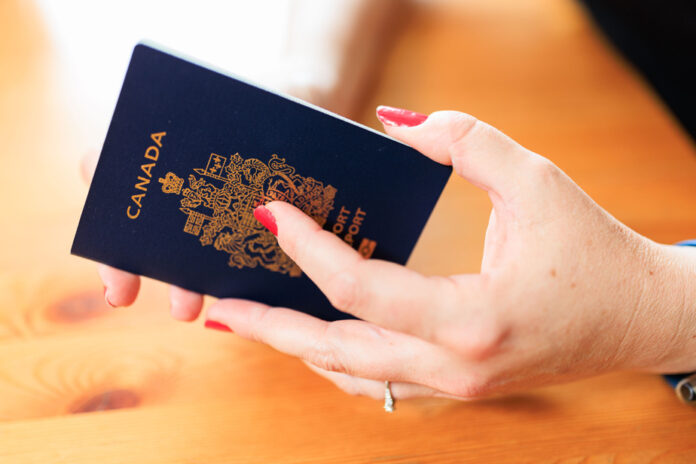(OTTAWA) Ottawa expects more Canadians than usual to apply for passport issuance or renewals now that strike is over for 120,000 public servants and warns further delays could occur .
“We received about 20% [of the number] of normal applications during the strike, but we know that there are people who have not applied and who will do so now,” the minister said on Tuesday. responsible for this file, Karina Gould, on her way to a cabinet meeting.
She noted that there may be a bit of a delay in processing requests deemed less urgent “in the next two, three, four weeks.”
“But not like we saw last year,” she added, referring to the chaos at passport offices last summer. The long queues in front of Service Canada centers had given many headaches to the population.
This time, the minister insists that her ministry is ready to deal with an anticipated increase in requests. “We have strategies in place,” Ms. Gould assured.
At the start of the strike by federal civil servants, which lasted 12 days for 120,000 of them, the minister said she expected that a backlog of 85,000 requests or more would accumulate each week of walkout.
The passport service is not considered essential during strikes, except for requests made for humanitarian or emergency reasons.
In the end, 20% of 85,000 requests were received during each week of the strike, Ms. Gould said on Monday. “We can have an inventory of 200,000 apps in the system per day […] During the strike, we had about 148,000 apps in the system, so there is capacity in the system,” he said. -she explains.
Delays are also to be expected at Immigration, Refugees and Citizenship Canada (IRCC) since 100,000 applications that should have been processed during the strike could not be, said the minister responsible for this portfolio, Sean Fraser.
His office clarified that these were requests made in Canada and not those submitted from other countries. During the walkout, IRCC continued to process priority applications such as those involving refugees.
Mr. Fraser said he expects Ottawa to be “in a very good position … over the next few months.” He said the government will benefit from measures put in place over the past few years to deal with backlogs, citing increased productivity enabled by the addition of staff.
The department, Mr. Fraser said, was back to meeting its pre-pandemic service standard before the strike began for applications for permanent residence under the family class, federal economic streams under Express Entry. As for work and study permits, they were almost there.


















